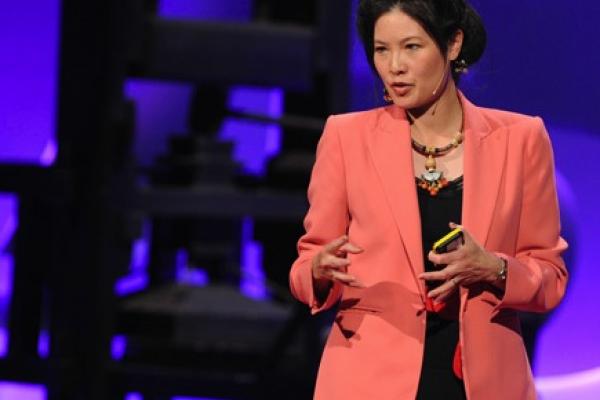“They took the door off so the hyenas would get her.”
Sitting in the darkened room with thousands of others, I listened intently as the woman on stage continued. The speaker was no other than Sheryl WuDunn, the Pulitzer Prize-winning co-author of Half the Sky, and the setting was this year’s Justice Conference.
Having previously read Half the Sky, I was reminded again of the countless numbers of women who looked beyond their circumstances to overcome challenges, and change their families and communities for the better. I remembered the underlying causes of global gender inequality, and WuDunn’s urgent call in her book to empower girls and women. The solution to ending poverty lies in educating females and bringing them into the formal workforce. In that, women’s empowerment isn’t simply a good issue to promote, but part of creating a just world.
Read the Full Article

